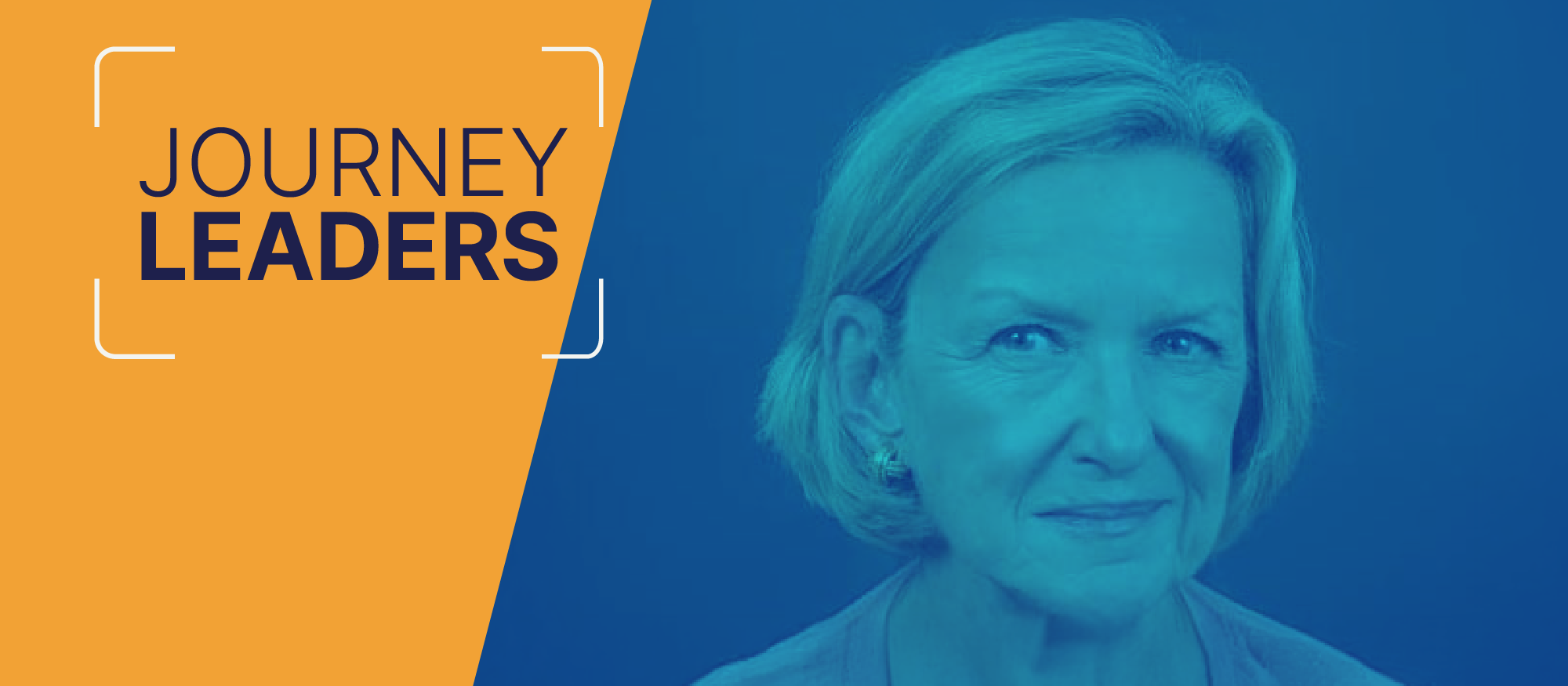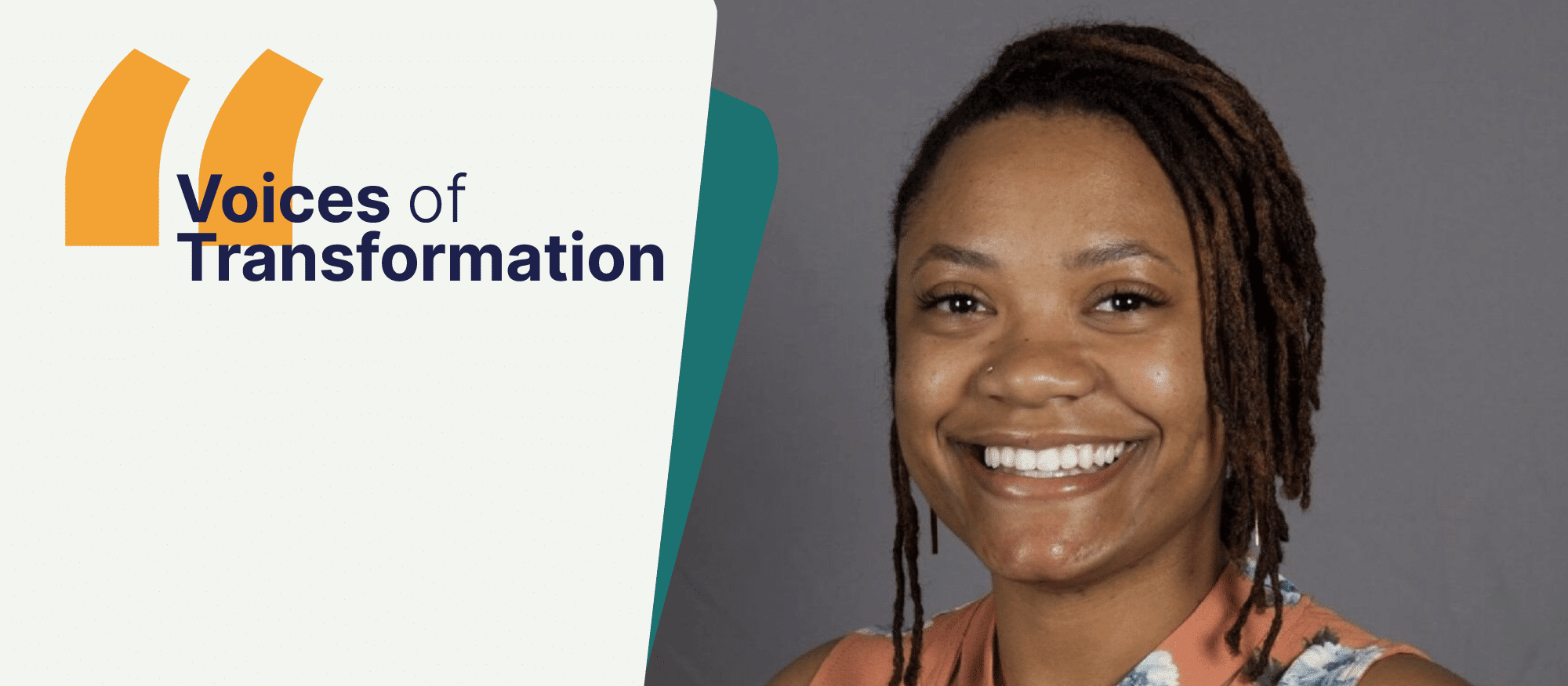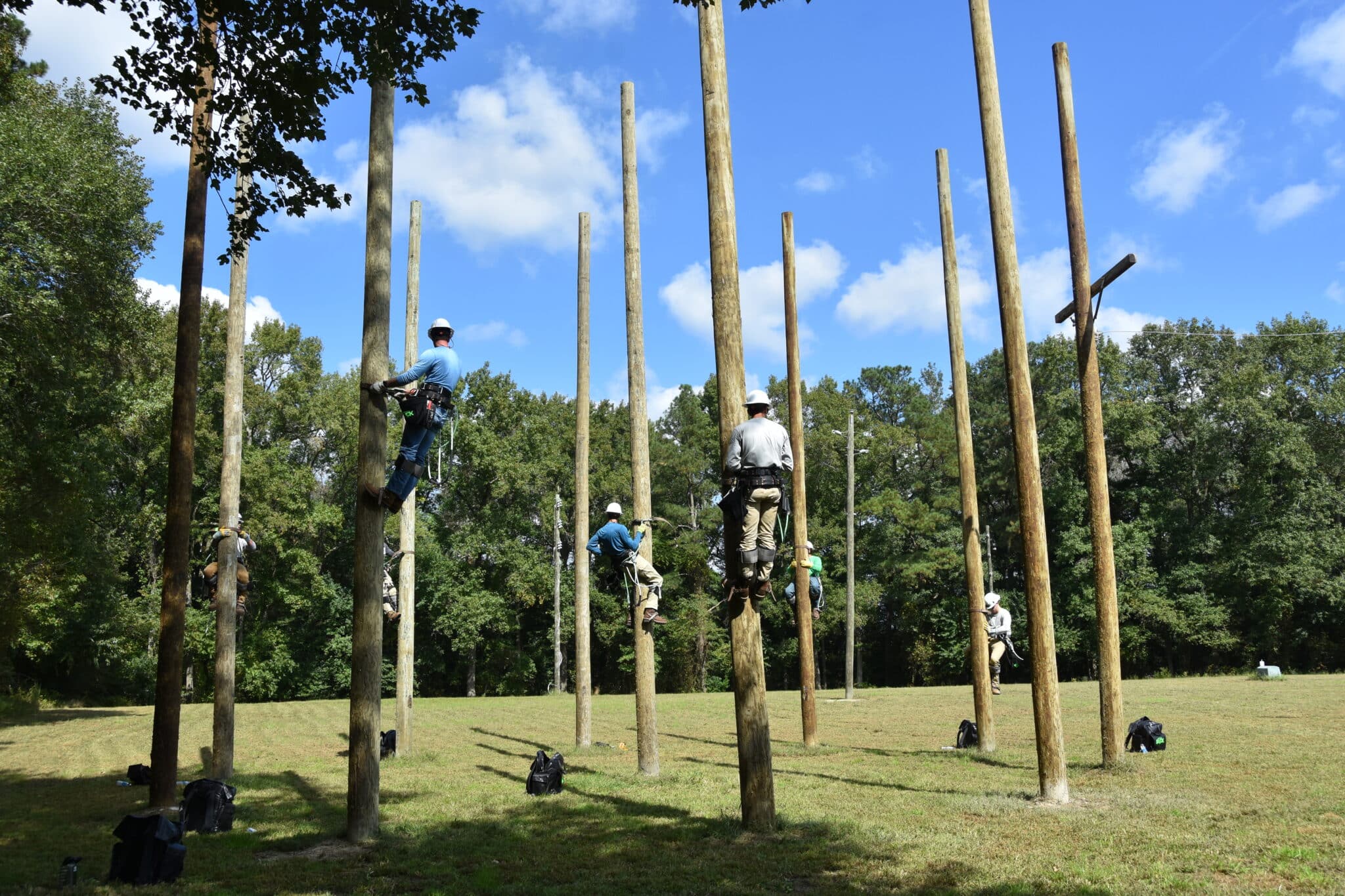Each year, Achieving the Dream invites rising college leaders to attend DREAM, the organization’s annual flagship conference, where they engage in national conversations surrounding student success and community vitality.
DREAM Fellows are doctoral students in the Community College Leadership program in North Carolina State University’s College of Education. In partnership with the NC State Belk Center, ATD selects a cohort of these students through a competitive application process to attend DREAM. In February, seven Fellows came to the conference in Orlando:
- Amanda Jewett, Johnston Community College
- Tonya Greene, Wake Tech Center for Excellence in Teaching and Learning
- Brandy Dunlap, Caldwell Community College and Technical Institute
- Monica Simmons, Forsyth Technical College
- LaSonya T. Moore, Charlotte Mecklenburg Schools
- Anna Jump, North Carolina State University
- Jennifer Campbell, Davidson-Davie Community College
Combining their experiences at the conference with their own expertise and areas of research, each of the fellows developed proposals for educational programs aimed at one or more of DREAM’s key themes: access, momentum, mobility, and community vitality. In April, the fellows shared proposals for these programs with ATD staff and coaches as well as staff and faculty from the Belk Center, outlining key benefits and potential challenges of their ideas.
Tech-based innovations
Three of the presentations centered on the potential for artificial intelligence (AI) to improve outcomes for students.
Amanda Jewett, quality enhancement plan director and history instructor at Johnston Community College, proposed Belonging by Design, a program that would use AI to gather and process data related to the first-year experience. As part of this program, new students would complete a survey about their interests, and an AI program would gather and analyze responses, recommending events and experiences likely to engage the cohort.
Tonya Greene, director of the Center for Excellence in Teaching and Learning at Wake Technical Community College, proposed a four-module professional learning course designed to help faculty and staff use AI as a tool to improve outcomes and foster belonging.
Monica Simmons, department chair for the medical office and legal professions at Forsyth Technical College, explored how colleges may be able to use AI to address a shortage in tutors. Particularly in courses with lower enrollment, AI could fill a much-needed gap and provide personalized, accessible, and scalable academic support that helps students stay on top of their coursework.
A focus on pathways
Two DREAM Fellows focused on K–12 and career pathways, designing programs aimed at supporting learners from a young age.
Brandy Dunlap, dean of continuing education and workforce development at Caldwell Community College and Technical Institute, proposed a Kindergarten to Career program that would introduce early and frequent engagements with young students. From job fairs in elementary school to internship opportunities in high school, outreach staff would provide age-appropriate events designed to help students understand their career possibilities.
LaSonya T. Moore, Section 504 coordinator at Charlotte Mecklenburg Schools, designed a program focused on one of the communities most affected by the COVID-19 pandemic. Leveling Up: Realizing Black Learner Excellence would support Black K–12 students with three key elements of structural support — academic supports, family workshops and parent engagement, and professional exposure and mentorships — all designed to help students become college-ready.
Responding to community needs
Other fellows identified specific needs of their institutions’ communities and shared ideas for new programs that would improve how colleges reach and support historically marginalized groups.
Anna Jump, alumni data and reporting specialist at North Carolina State University, proposed Wake Tech on Wheels, a mobile unit to better support the growing Latinx community in Wake County with community-driven outreach. The mobile unit would provide on-site enrollment assistance, distribute educational materials, and offer milestone incentives aimed at getting more community members excited about enrolling in college.
Jennifer Campbell, academic advisor for online programs at Davidson-Davie Community College, discussed the need for more robust supports for student parents. After gathering data to understand this population better, the Davidson-Davie Student Parent Initiative would provide wraparound services for student parents, from mentoring to financial support and affordable child care services, and connect parents to a community of support that sets them up for academic success.
—
Whether their proposals explored new possibilities provided by technological advancements or in-person engagement with community members, the DREAM Fellows shared ideas centered on the role of colleges as hubs for equity, economic mobility, and community vitality. Their pitches, and subsequent conversations with current higher ed leaders, showed that they took as much energy and excitement from DREAM as they brought to it. Future leaders are passionate, creative, and driven to produce better outcomes for their students and their communities.



